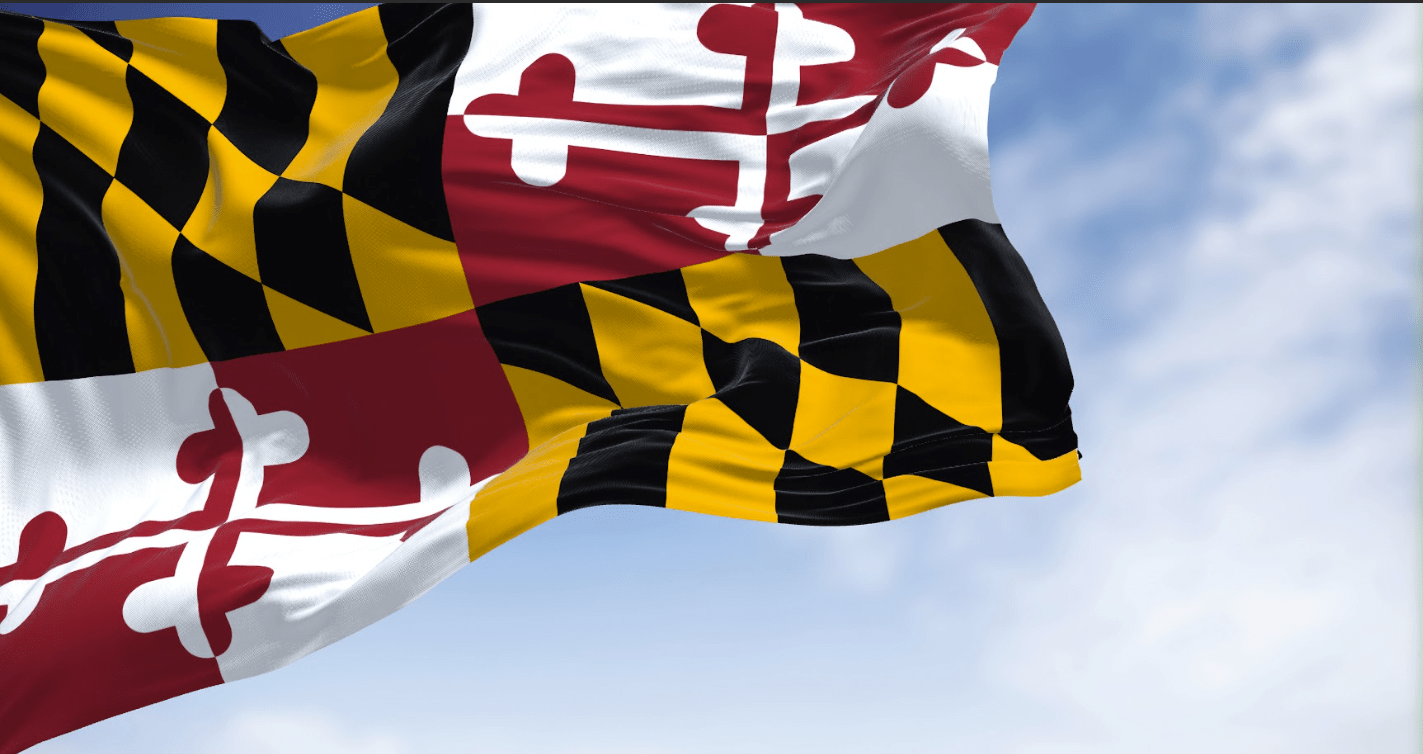Starting on January 1, 2024, Maryland is passing a “mini-TCPA”. So, what does that mean for your call center? In this blog we’ll shed light on the key aspects of this mini-TCPA, from its hefty penalties to its broad autodialer definition. Plus, you’ll receive essential insights to help navigate these new telemarketing restrictions effectively.
When will the Maryland Mini-TCPA go into effect?
Maryland is passing a “mini-TCPA” regulating the act of telephone solicitation called “Stop the Spam Calls Act of 2023.” While this act does not go into effect till January 1, 2024, it’s never too early to familiarize yourself with new upcoming telemarketing restrictions. A complete version of the Act can be found here.
Substantial penalties for violations
A violation of this mini-TCPA will be considered an unfair, abusive, or deceptive trade practice. Henceforth, an initial violation is subject to a $10,000 maximum fine. Consequently, each additional violation is subject to a $25,000 maximum fine.
What is an “autodialer” under the Mini-TCPA?
This mini-TCPA adopts the “autodialer” description previously found in the FTSA. That description is “an automated system for the selection or dialing of telephone numbers.” (See our blog on Game Changing Amendments to the FTSA). A recent FTSA amendment changed its “autodialer” description to: “an automated system for the selection and dialing of telephone numbers.” That new description significantly narrows the number of autodailers that can be subject to the FTSA’s regulations.
As of January 1, 2024, Maryland’s mini-TCPA will become one of the more dangerous state restrictions on telemarketing due its potential for imposing large penalties and the broad autodialer definition.
What should I be aware of? Key Points
- This mini-TCPA restricts the act of telephone soliciting. The intended scope of this mini-TCPA can be understood by familiarizing yourself with its definition of “telephone solicitation.”
- This mini-TCPA bans telephone solicitation calls from being made between the hours of 8 P.M. and 8 A.M.
- No more than 3 telephone solicitation calls relating to the same subject matter can be made to the same called party during a 24-hour period, regardless of the telephone number used to place the call.
Further, under Maryland’s Mini-TCPA, Telephone Solicitors are not allowed to:
- Alter the voice of the caller for certain purposes. Best practice is to never alter the voice of the caller.
- Make a telephone solicitation call that involves an autodialer or the playing of a recorded message, without the called party’s prior written express consent.
- Fail to transmit the following to any caller identification service used by a called party:
- the caller’s originating telephone number; and
- the name of the caller.
- Act to prevent the transmission of the telephone solicitor’s name or telephone number; or
- Use technology that deliberately displays a different calling number than the number the call is originating from.
Finally, the following calls are exempt from the act:
- Calls that are a single transaction and not part of a pattern or repeated transaction;
- Calls made for religious, charitable, political, or educational purposes, if:
- The caller is soliciting for a non-profit entity; and
- The non-profit entity is;
- Registered with the Secretary of State; and
- Exempt from taxation.
- Business-to-business sales calls where the telephone solicitor has been lawfully operating continuously for at least 3 years under the same business name;
- Calls where the caller solicits contracts for the maintenance or repair of goods previously purchased from the caller or from the entity on whose behalf the call is made;
- One telephone solicitation call made to a customer or client in response to an inquiry or request from the customer or client; and
- Calls made pursuant to an existing business contract or relationship, if:
- The call was initially intended for informational purposes only; and
- Based on further inquiry from the customer, the call becomes a telephone solicitation.
Content courtesy of Roth Jackson. This is not legal advice. You should consult a qualified attorney for your compliance needs.
Joe Bowser
Joe Bowser is a partner at Roth Jackson. He has been practicing communications and marketing law for two decades. He advises and defends calling and SMS platform providers (like Readymode), carriers/VoIP providers, and heavy users of those services in their wide range of compliance needs. In his spare time, you can find him taking his boys to their sports, getting in a workout of his own, or catching an Arsenal match.







